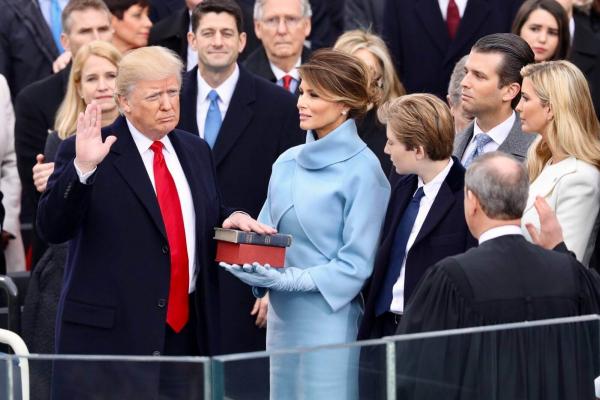Jan 28, 2019
President Donald Trump began his week tweeting about biblical literacy: "Numerous states introducing Bible Literacy classes, giving students the option of studying the Bible. Starting to make a turn back? Great!" By great, he means great for him — in the way that someone who is desperately parched might call anything wet, “great!” For the vast majority of us — Christian or not — the religious nationalism Trump binge drinks when he’s feeling politically vulnerable is really bad.
Read the Full Article

Already a subscriber? Login
